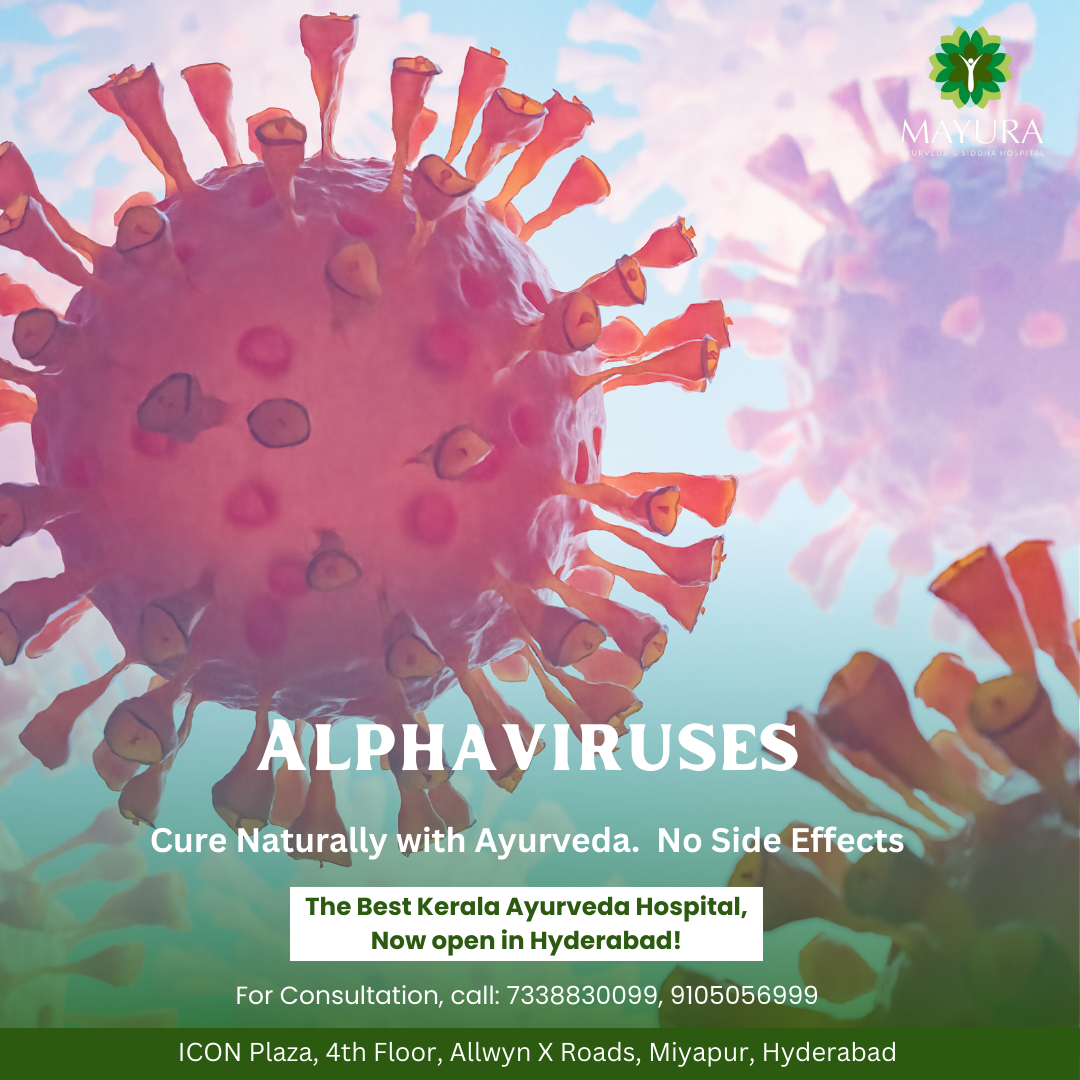Alphaviruses are a genus of viruses belonging to the family Togaviridae, primarily transmitted through mosquito bites. These viruses are known to cause several diseases in humans, ranging from mild febrile illness to severe encephalitis. Understanding Alphaviruses is crucial for public health, particularly in regions where these viruses are endemic.
What are Alphaviruses?
Alphaviruses are small, enveloped viruses with a positive-sense single-stranded RNA genome. They are primarily transmitted to humans and animals through the bites of infected mosquitoes, particularly those from the Aedes and Culex genera. There are over 30 different Alphavirus species, with several significant ones affecting human health, including:
Chikungunya virus (CHIKV)
Eastern equine encephalitis virus (EEEV)
Western equine encephalitis virus (WEEV)
Venezuelan equine encephalitis virus (VEEV)
Transmission of Alphaviruses
The transmission cycle of Alphaviruses typically involves mosquitoes and vertebrate hosts, such as birds, rodents, and humans. When an infected mosquito bites a vertebrate host, the virus is transmitted into the host’s bloodstream. Humans can become incidental hosts when bitten by an infected mosquito, particularly during outbreaks.
Symptoms of Alphavirus Infections
The symptoms of Alphavirus infections can vary widely depending on the specific virus and the individual’s health status. Common symptoms include:
Fever
Headache
Muscle and joint pain
Rash
Some Alphaviruses, such as EEEV, can cause severe neurological symptoms, including encephalitis, which can be life-threatening. In such cases, symptoms may include:
Severe headache
High fever
Disorientation
Seizures
Coma
Prevention and Control
Preventing Alphavirus infections primarily involves reducing mosquito exposure and controlling mosquito populations. Here are some effective strategies:
1. Use Insect Repellents: Apply insect repellents containing DEET, picaridin, or oil of lemon eucalyptus to exposed skin and clothing.
2. Wear Protective Clothing: Wear long-sleeved shirts and long pants, especially during peak mosquito activity times, such as dawn and dusk.
3. Mosquito-Proof Your Home: Use window and door screens to keep mosquitoes out, and use mosquito nets when sleeping.
4. Eliminate Standing Water: Remove standing water around your home where mosquitoes can breed, such as in flowerpots, gutters, and birdbaths.
5. Community Efforts: Participate in community-based mosquito control programs, including spraying and public awareness campaigns.
Conclusion
Alphaviruses pose a significant public health challenge due to their ability to cause a range of illnesses, from mild febrile disease to severe neurological conditions. Understanding their transmission, symptoms, and prevention strategies is essential for protecting public health. By taking proactive measures to reduce mosquito exposure and control mosquito populations, we can mitigate the risk of Alphavirus infections and safeguard our communities.
















